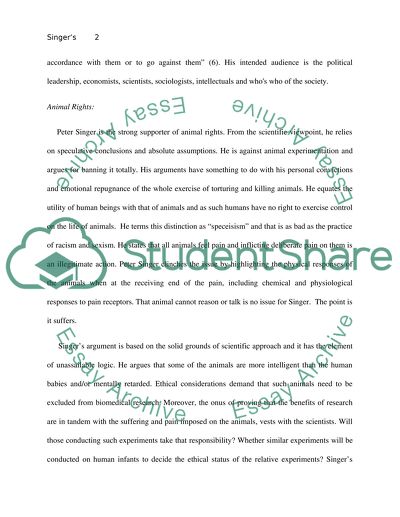Cite this document
(“Singer's Practical Ethics Term Paper Example | Topics and Well Written Essays - 1500 words”, n.d.)
Singer's Practical Ethics Term Paper Example | Topics and Well Written Essays - 1500 words. Retrieved from https://studentshare.org/philosophy/1476579-singer-s-practical-ethics
Singer's Practical Ethics Term Paper Example | Topics and Well Written Essays - 1500 words. Retrieved from https://studentshare.org/philosophy/1476579-singer-s-practical-ethics
(Singer'S Practical Ethics Term Paper Example | Topics and Well Written Essays - 1500 Words)
Singer'S Practical Ethics Term Paper Example | Topics and Well Written Essays - 1500 Words. https://studentshare.org/philosophy/1476579-singer-s-practical-ethics.
Singer'S Practical Ethics Term Paper Example | Topics and Well Written Essays - 1500 Words. https://studentshare.org/philosophy/1476579-singer-s-practical-ethics.
“Singer'S Practical Ethics Term Paper Example | Topics and Well Written Essays - 1500 Words”, n.d. https://studentshare.org/philosophy/1476579-singer-s-practical-ethics.


